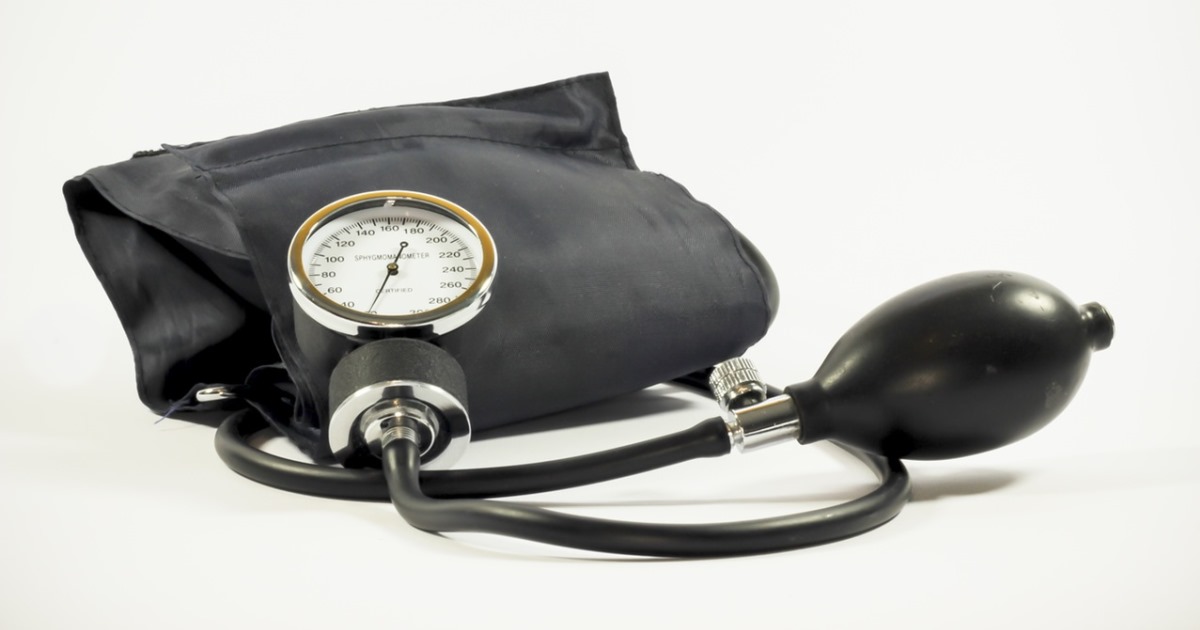Post-ictal Physiology: Adding Blood Pressure to the Equation

Epilepsy News From: Wednesday, December 21, 2016
Recent studies examining the effects of seizures on cardiac and respiratory function have shown that a seizure can often impact cardiopulmonary function in ways that can be dangerous in the right setting.
Seizures in people undergoing video-EEG monitoring, including both focal (also called partial) and secondarily generalized tonic-clonic seizures, can lead to impaired breathing, depressed arousal reflexes, and heart instability. The clinical data suggests that autonomic and respiratory dysfunction following seizures, especially tonic-clonic seizures, is critical to mechanisms of sudden unexpected death in epilepsy (SUDEP).
Seizures and Blood Pressure
Little is known about the impact of seizures on blood pressure, which is vital to maintaining an adequate quantity and supply of blood (known as perfusion) to the brain and the heart. New advances in non-invasive continuous measurement of blood pressure has made it feasible to record blood pressure around the time of seizures.
Bozorgi et al. reported a case of a woman with refractory epilepsy who had a generalized tonic-clonic seizure while undergoing video-EEG monitoring with simultaneous non-invasive blood pressure recording. Immediately after the seizure, she had a significant drop in systemic blood pressure lasting more than 1 minute.
More recently, Hempel et al. performed a prospective systematic assessment of blood pressure during and after seizures in 37 patients. They found that:
- Focal seizures, with or without impaired awareness, were associated with a seizure-related rise in systemic blood pressure with a parallel increase in heart rate.
- The time course of the blood pressure and heart rate changes were similar and proportional to the severity and duration of focal seizures.
- On the other hand, in secondarily generalized tonic-clonic seizures there was a dissociation between heart rate and blood pressure changes. In a few seizures, there was a post-seizure decrease in blood pressure but most seizures had increases in blood pressure that normalized quickly. On the other hand, heart rate remained elevated for a long time after a tonic-clonic seizure.
- The authors speculate that this mismatch between post-ictal heart rate and blood pressure changes reflect an autonomic failure that could limit the adequate supply of oxygen to the brain and heart following a seizure.
- New studies of seizure-related blood pressure changes provide an additional piece of the puzzle in understanding how tonic-clonic seizures can trigger deadly heart, brain, and breathing dysfunction in cases of SUDEP and may provide a new target for intervention.
Authored by
Daniel Friedman MD
Reviewed Date
Wednesday, December 21, 2016
